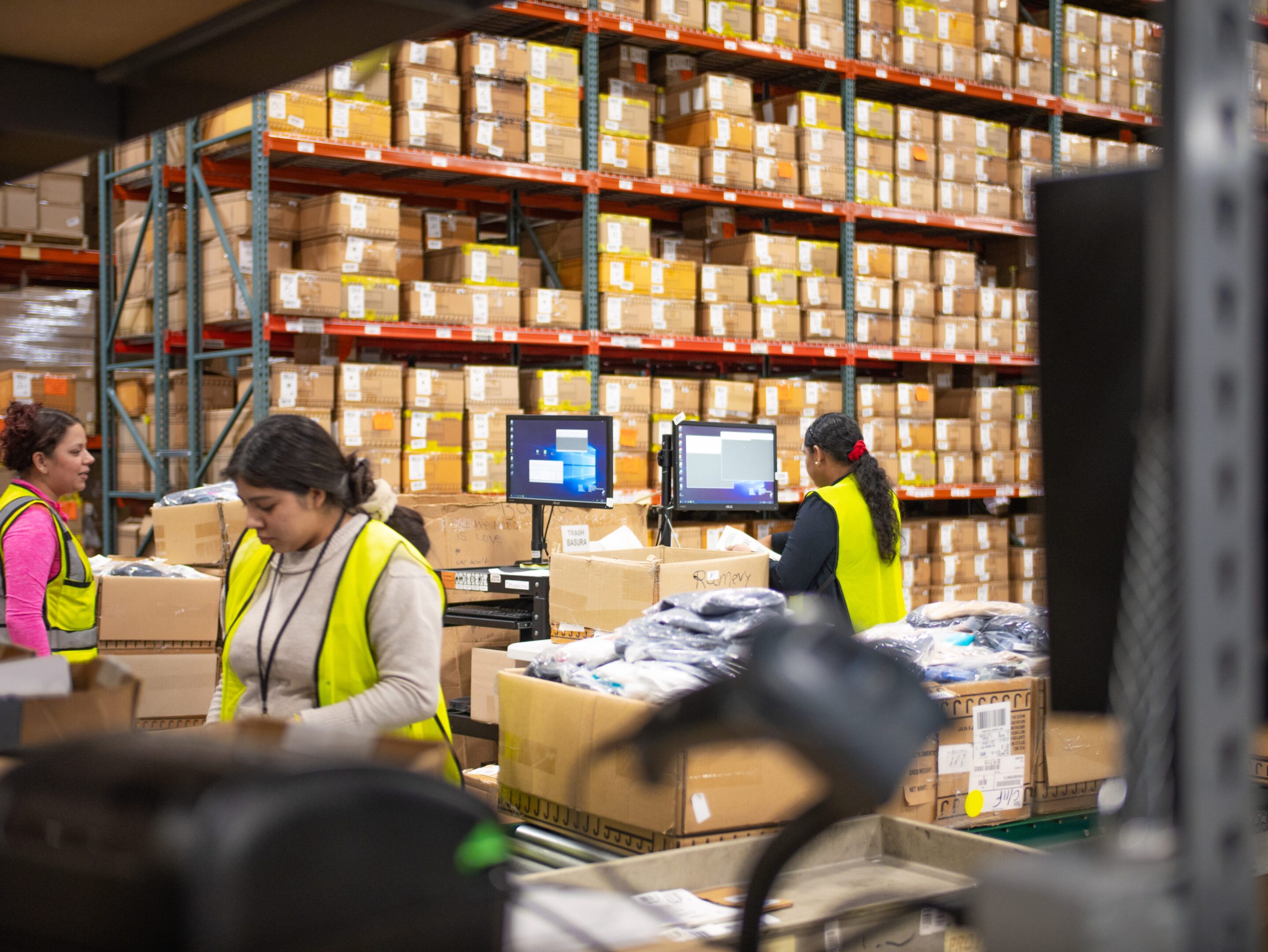If you were to gaze into a crystal ball to find the future of supply chain, you would probably see a world filled with technology everything – synchronized systems, robotics, automation galore. Though the image is great, it is essentially impossible to predict the supply chain industry’s future. The digital age is posing many challenges for managers in the industry. With ecommerce growing at a rate of about 18%, and people expecting more and more from us every day, a clear and concise understanding of today’s techs and a set strategy will be essential to survival.
The United States’ supply chain is recognized as an incredibly integral piece of the American economy. Essentially, the supply chain builds the goods and services that businesses need. The U.S. supply chain contains 37% of all jobs, with an employment average of around 44 million people. This is a huge number of American workers and laborers in the country.
Today, businesses cannot operate and stay competitive without implementing new and advanced technologies. Implementations of WMS will increase also. Big Data, AI, the Internet of Things can also bring a significant amount of efficiency and productivity to your operation. Since the Omni channel supply chain requires integrated systems, managers must begin looking for ways to stay competitive with key players in ecommerce.
Planning for Possible Changes
There are many speculations on how the supply chain industry is going to grow and adapt, and planning for these changes will be heavily involved. It is a good idea to implement a management team in order to oversee these changes and determine how to act in the face of adaptability. Forbes magazine listed a few steps that these managers can follow to prepare and streamline for the future.
- ID all potential scenarios for future changes in your company
- Create and define steps necessary to accommodate changes in business processes
- Develop contingency plans for follow-through if changes take longer than expected
- Bring dysfunctional/disjointed systems together
Bringing warehouse management and other systems together in your supply chain will assist with determining the future state of affairs. Instead of waiting for the right talent or technology expertise, consider outsourcing some of these systems to stay alive.
Managers must also continue to take steps to attract and hold on to the right talent to prepare for the future as well – this is the millennial generation. As many as 1/3 of Americans fall into this generation, and extra steps are needed to retain their interest and combat the talent gap. Consider some of these ideas:
- Create a consume and worker-centric environment
- Offer more opportunities for career advancement and personal development
- Reduce risks to health and safety
- USE TECHNOLOGY
The future of supply chain management is hard to determine, but we do know that things will continue to evolve. We need to take the necessary steps to prepare and keep the environment up-to-date with current trends as they come about. Staying on top of things is the best way to prepare for what’s to come.











